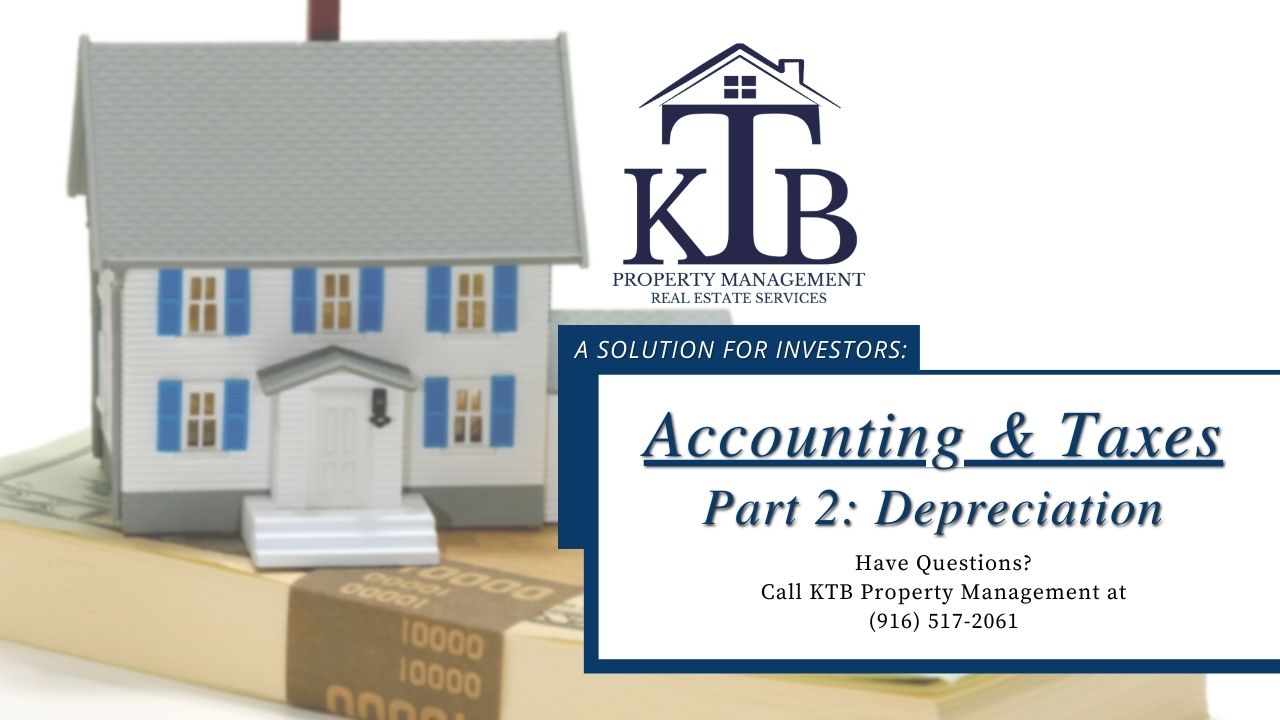April 2, 2021 from the professional blog of PURE Property Management
Accounting and Taxes Part 2: Depreciation
Write-offs from depreciation can impact real estate investors’ taxes in significant ways, saving them hundreds to thousands of dollars per year.
Real estate depreciation is defined as an income tax deduction that allows a taxpayer to recover the cost (or other basis) of a real estate investment. The depreciation is realized as a type of deduction that reduces the investor’s taxable income.
Unlike rental expenses—which include items like repair and maintenance expenses, travel expenses related to property management, home office expenses, property taxes, mortgage insurance, property insurance, and professional services—that can be deducted from rental income earned the year the money was spent, depreciation deducts the cost of buying and improving a rental property over the useful life of the property.
While depreciation sounds like a sure bet for reducing real estate investors’ taxes, it is important to note that the IRS has incredibly detailed and complex rules about how depreciation can be used as a tax deduction.
Investors should understand which rental properties the IRS considers depreciable. Property only falls under the depreciable umbrella if the investor owns it (even with debt), it is used in the investor’s business or to produce income, the property has a ‘useful life’ (meaning it deteriorates over time), and this useful life is expected to last more than a year.
In addition, to be eligible for depreciation, the property cannot be put into service and disposed of in the same year. Also, land is not depreciable, and owners cannot deduct for land costs such as clearing, planting, and landscaping.
Owners can deduct for depreciation up until the point when the entire cost or basis in their property has been deducted or until the asset is considered ‘retired from service’—if the property has been sold or exchanged, converted to personal use, abandoned, or destroyed. Also, deduction claims can be made on a property that is temporarily not in use, such as the period after one tenant leaves and before another tenant occupies the space—as long as at least one repair has been made in preparation for the new tenant.
The California Franchise Tax Board
Along with the federal tax protocol these is also the state and the Franchise Tax Board. If you own a rental property in the state of California and rent it to someone, you are required to report those rent revenues to the Franchise Tax Board.
If you are not residing in the state of California and you are receiving rental revenue from an investment property you are required to send 7.00% of the net rent revenue to the state on a quarterly basis and the quarterly basis is not a normal quarter.
For additional information please visit https://www.ftb.ca.gov for more details.











